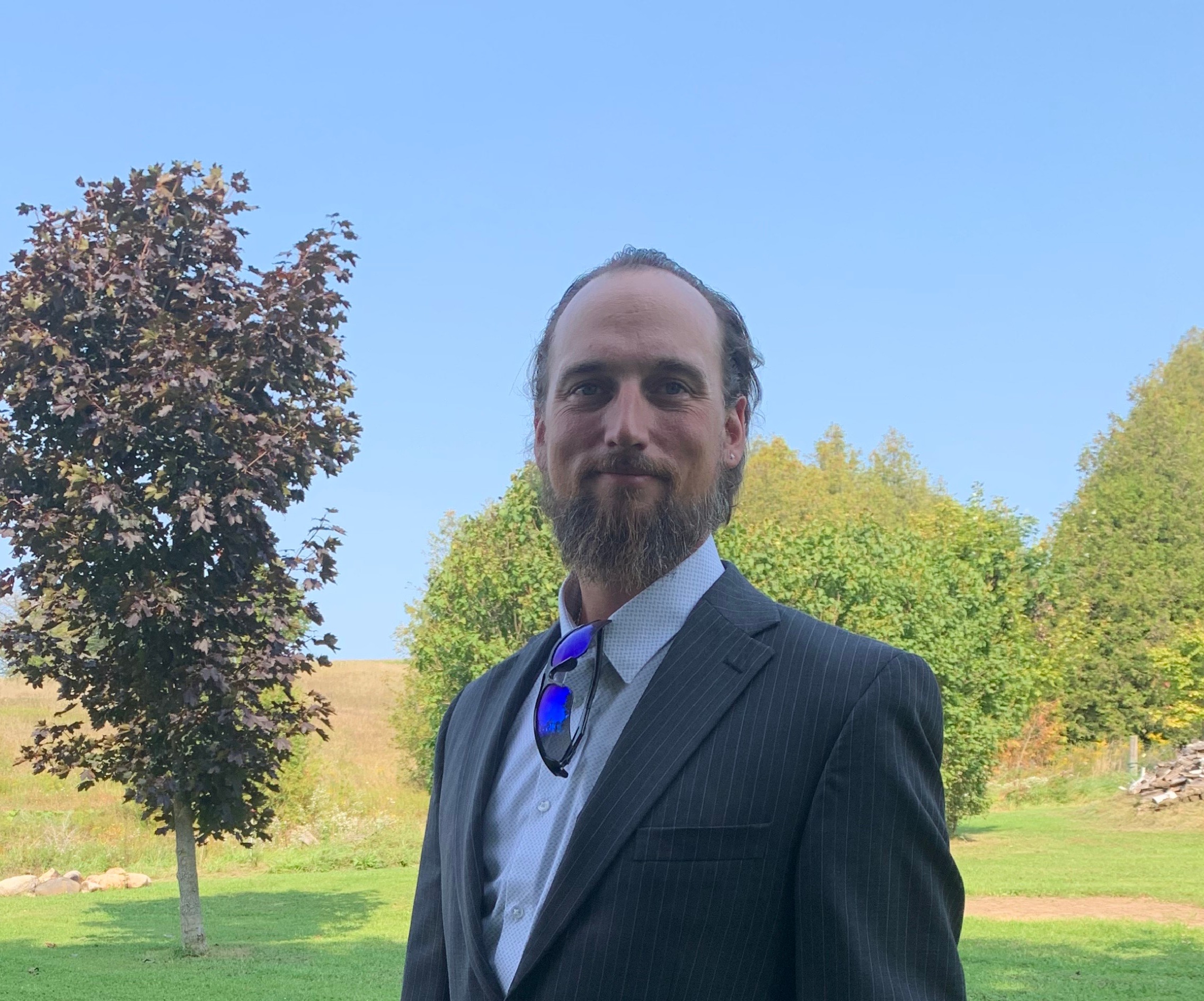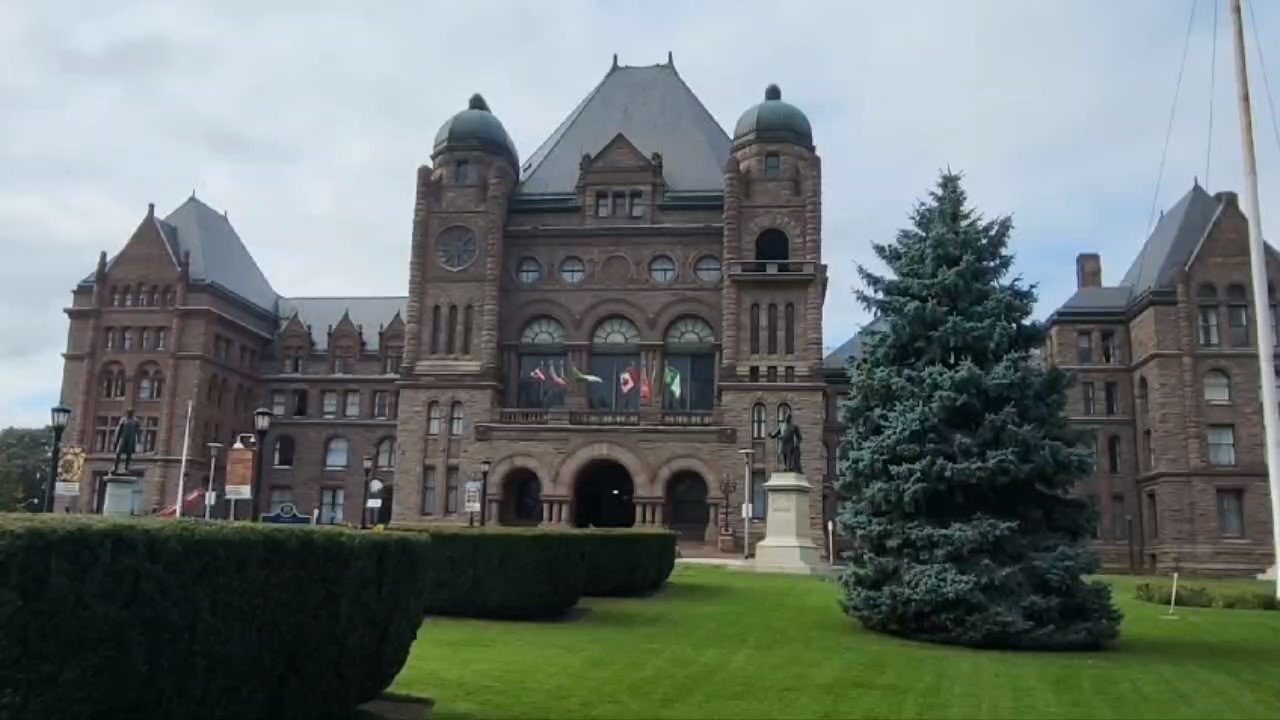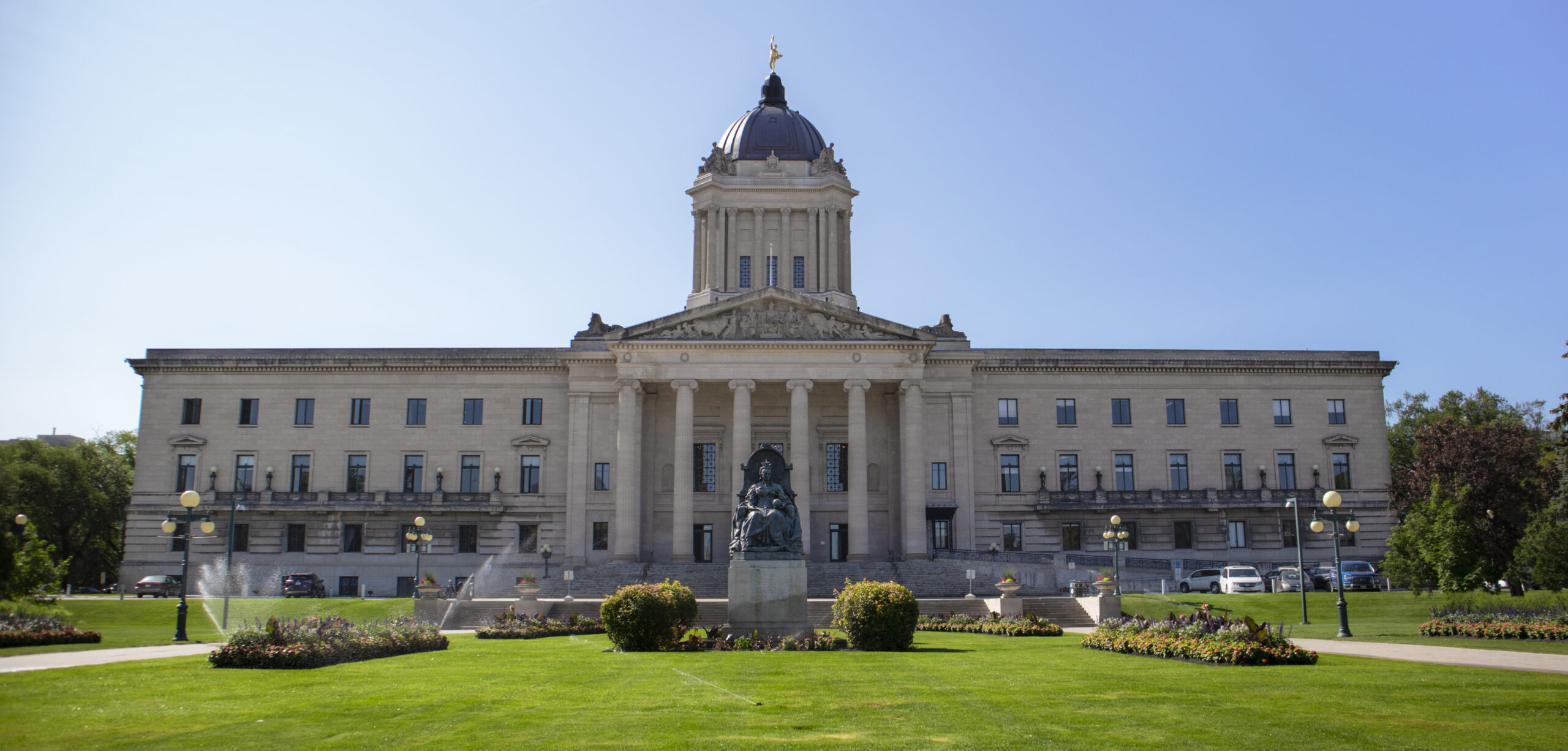LGBT activists are trying to force their ‘pride’ agenda on Canada’s small towns – LifeSite

Tue Aug 12, 2025 – 12:36 pm EDT
(LifeSiteNews) — For the past month, the Canadian media has been all-hands-on-deck to report on the various Pride festivities across the country. Vancouver, Toronto, Montreal – every carnival got glowing coverage, with the indecorous reality that children are regularly exposed to adult nudity and exhibitionist sexual fetishism being studiously ignored.
But of course, LGBT activists are not satisfied with massive, government-funded LGBT events in Canada’s big cities. They want the small towns – especially those with more conservative populations – to join the party, too. By force, if necessary. Perhaps even preferably.
That is why, earlier this year, activists targeted the mayor and councilors of the tiny town of Emo, Ontario, demanding that an LGBT flag be flown (the city hall doesn’t even have a flagpole) and that a “Pride” proclamation be declared. The mayor ended up getting his bank account garnished after the Ontario Human Rights Commission fined him for declining the activist demands. The case is ongoing.
READ: LGBT activists try to shut down Christian coffee shop helping homeless
And why the small town of Norwich, Ontario, became the center of a media firestorm in 2023 after the town council voted to only fly official flags on town property. In that instance, topless LGBT activists protested outside a church for weeks, exposing themselves to families and young children on their way to worship services. They got no negative coverage for doing so.
And, of course, there’s the activist project to put rainbow crosswalks in small towns, and then mount campaigns to insist that persecution and homophobia is rampant when tire tread marks are discovered on these crosswalks (which are, it must be pointed out, on the road, where vehicles with tires frequently drive). Any objection to these eyesores is portrayed as evidence of how necessary they are.
This is part of the LGBT activist strategy to ensure that the symbols of their cultural dominance do not just mark those areas where they know they reign supreme, such as the large metropolitan centers; they want their symbols to be prominently displayed where people who disagree with them also live. In fact, I suspect they especially want their symbols displayed there.
Which brings me to an August 9 report published by The Canadian Press, titled “Pride festivals: breaking the isolation of LGBTQ+ people in rural areas.”
The purpose of the story – published by Global News’ online platform – is to laud efforts by various LGBT organizations to spearhead “Pride” events in rural areas, and to explain why they are important. According to The Canadian Press: “Flying in the face of the notion that rural areas are hostile to people of diverse sexual and gender identities, many of these festivals seek to improve the image of life for LGBTQ+ people living outside major urban centres.”
The report goes on to state that Fierté Agricole, an organization launched in 2012, “has been helping people from LGBTQ+ communities living in rural areas meet and participate in various activities.” One male interviewee, who moved to rural Quebec with his partner and bought a farm, said that “the community is generally doing well and that homophobic or transphobic incidents are rare,” and added that “allies are important in rural areas.”
Visible support for the LGBT agenda is especially important: “A village that supports a member of the queer community is a village that will support all those people.” According to The Canadian Press:
His organization works regularly to educate people in rural areas about the realities of LGBTQ+ people. Fierté agricole regularly sets up booths at agricultural events and visits agricultural schools to raise awareness among students.
Camille Paradis, co-chair of Fierté Val-d’Or, shares this sentiment about the importance of allies.
Since 2019, Fierté Val-d’Or has organized its own Pride festival in the western Quebec region of Abitibi-Témiscamingue. In six years, the number of people participating in the four days of festivities has grown from about 600 to 2,300 people.
Paradis said that between 50 and 60 per cent of participants are not part of the LGBTQ+ communities.
“It shows that we have a community that supports us, that we have a part of the population that wants to stand with us and say, ‘We want these people to be treated like everyone else,’” Paradis said.
“Everything related to sexual orientation is now taken for granted, but gender identities are still largely unknown, misunderstood, and mocked,” said Paradis, who is non-binary.
READ: Federal court upholds Oklahoma’s ban on transgender surgeries, drugs for children
And there you have the source of the tension that has often arisen when LGBT activists begin to push their agenda: they do not wish to merely live in rural areas and be treated kindly and well by those around them. They wish to re-educate them. They do not want acceptance. They want affirmation. They do not merely want tolerance. They want endorsement. Not facing hatred isn’t enough. No, the farmers need to know about the 72 new gender identities, including “non-binary,” which is simply a rejection of both sexes.
This is a win-win for LGBT activists. They either a) successfully host their events in rural areas, extending the reach of their movement or, b) get opposition, which they portray as persecution, and the media descends on the small town to demand submission. It’s a smart strategy. More often than not, it works.

Jonathon’s writings have been translated into more than six languages and in addition to LifeSiteNews, has been published in the National Post, National Review, First Things, The Federalist, The American Conservative, The Stream, the Jewish Independent, the Hamilton Spectator, Reformed Perspective Magazine, and LifeNews, among others. He is a contributing editor to The European Conservative.
His insights have been featured on CTV, Global News, and the CBC, as well as over twenty radio stations. He regularly speaks on a variety of social issues at universities, high schools, churches, and other functions in Canada, the United States, and Europe.
He is the author of The Culture War, Seeing is Believing: Why Our Culture Must Face the Victims of Abortion, Patriots: The Untold Story of Ireland’s Pro-Life Movement, Prairie Lion: The Life and Times of Ted Byfield, and co-author of A Guide to Discussing Assisted Suicide with Blaise Alleyne.
Jonathon serves as the communications director for the Canadian Centre for Bio-Ethical Reform.












